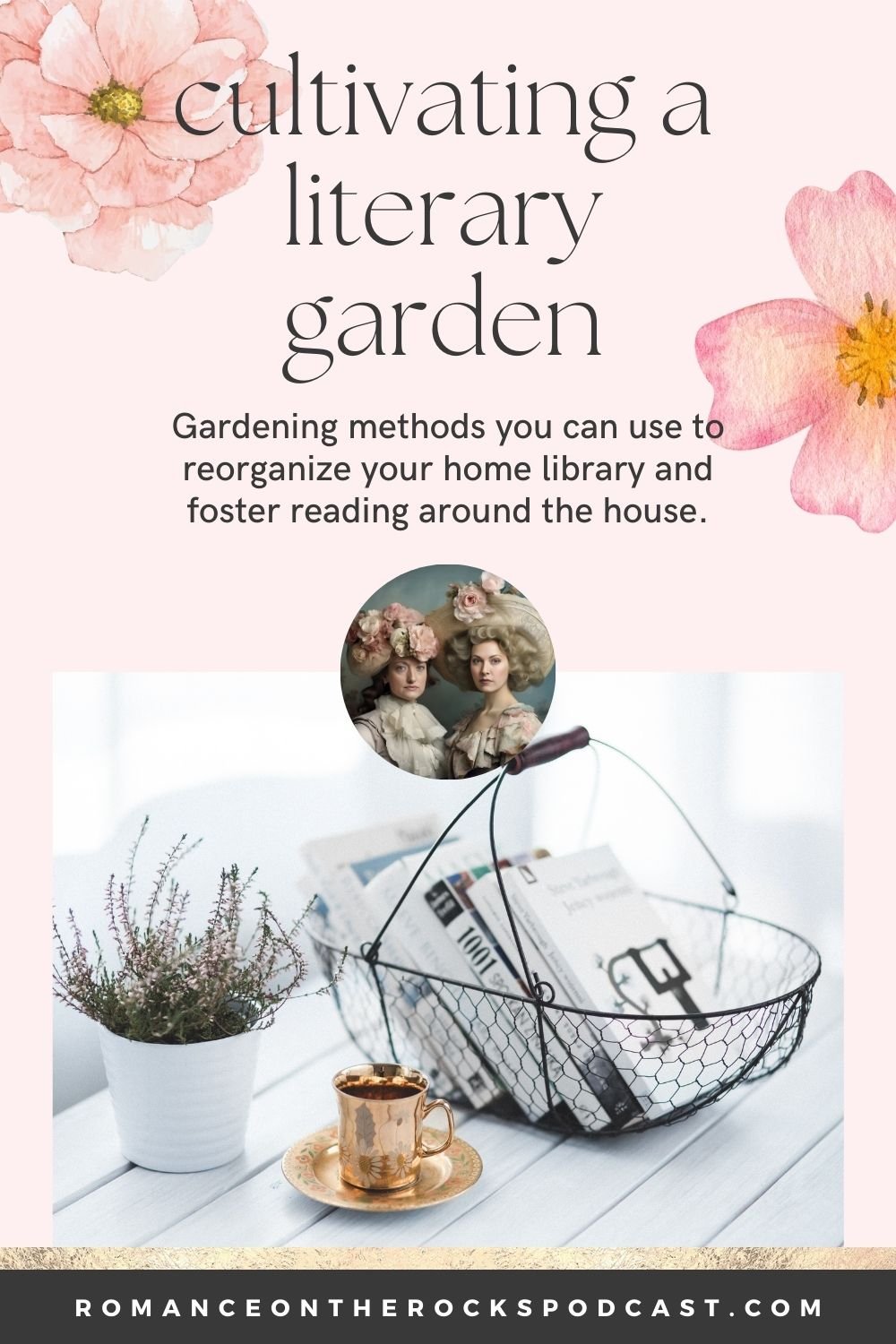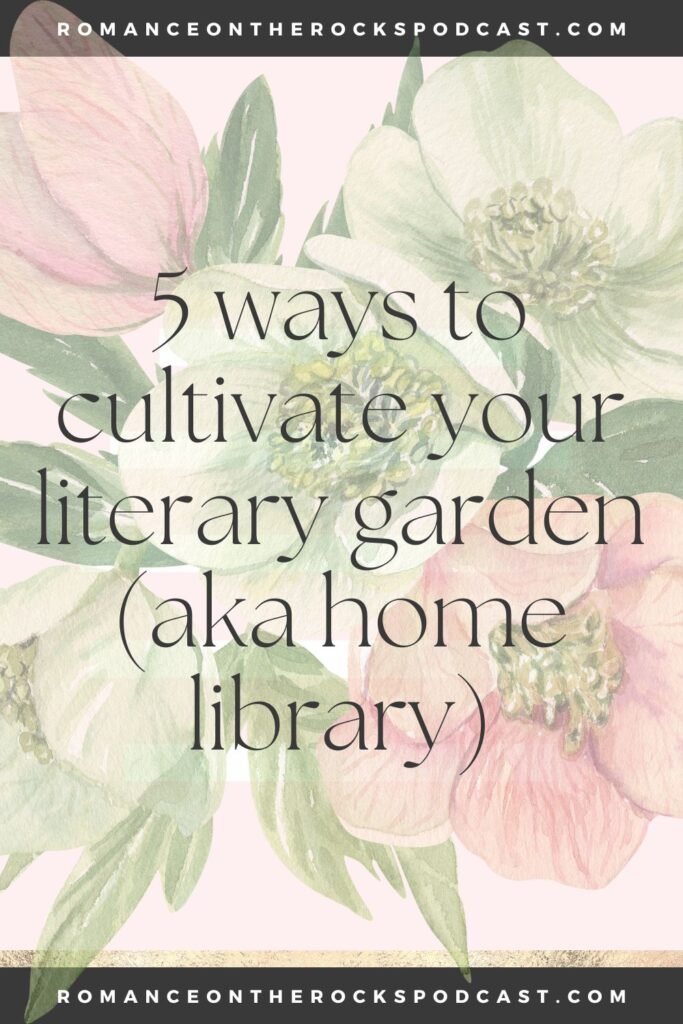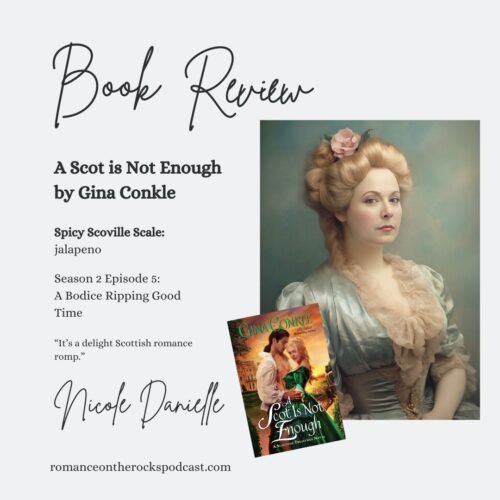This post may contain affiliate links — meaning we get a commission if you decide to make a purchase through our links, at no cost to you. We carefully curate our affiliate partnerships and only work with companies we like and believe in. Earning commissions like this helps us sustain our blog but the opinions we share are always our own.


By Meghan Leigh
Literary Gardening
Last night I did some literary gardening. At least, that’s what I’m going to call it.
As a child, I was a voracious reader. We had books scattered through the house in colorful stacks, crammed into corners, rapt at attention on bookshelves, tucked precariously under pillows, and strewn around in various backpacks and tote bags. There were never enough. Weekly trips to the library (if not more) were a complete necessity. And when those books had been finished, I’d read them again.
Now in adulthood, the books continue to pile up … but the time to read them does not. I often find a sense of guilt attached to sitting down to read. For example, I should really be vacuuming the living room. I should actually be prepping dinner. I should definitely be doing inventory for work. Returning emails. Paying bills. Scooping litter boxes. Etc. The list is endless.
And that guilt is a creeping disease. Like leaf-rot, it slowly takes something as beautiful as reading and sucks the life out of what once was vibrant and enjoyable. So, as I purveyed my overflowing bookshelf last night, I got hit with a moment of overwhelming clarity: this mass of books was merely a long-suffering garden in need of attention.
To start the healing process for my reading ills, I decided to follow similar steps recommended for fighting leaf rot:
- 1. Remove infected leaves – by repairing or, *heaven forbid*, throwing away that torn dust jacket I’ve been avoiding for months)
- 2. Prune Shrubs – by culling and donating books I know there will never be intention or energy to read
- 3. Use organic sprays – by staging some herbal sachets and candles along side the books to make the space more inviting and calming
- 4. Improve Air Circulation – by moving the air purifier to a new corner, where frankly, it fits better anyway
- 5. Space out plants – by strategically moving some of the books to other spaces in the house
Of all these steps, “pruning” and “spacing out” seem to have the best potential for making a noticeable difference. But let’s expand a little more on how this can really work with books.
“Pruning”
If I’ve avoided reading a book for months or even years, then the motivation for me to engage in that story is clearly missing. That book is merely taking up valuable space in my house and can best serve me by moving on. It’s so much easier to grab a book off the shelf when every option is an obvious “yes” instead of a mediocre “meh”.
“Spacing Out”
This is where I think that guilt will be attacked head-on. At some point in my grown-up life, reading turned into a special event instead of remaining part of basic daily living. Stopping the grind to “pamper” myself with a bit of reading brings on that guilty feeling – the overwhelming sensation that I’m somehow wasting time. I’m nipping that in the bud. I’m spacing out my books. I’ve moved a promising book by Markus Zusak to the nightstand (a chapter before bed is just what the doctor ordered.) A Christopher Moore novel has been strategically placed in the bathroom (I’d say don’t judge but I know all you bookish folks grew up with books in the bathroom, so I know I’m in good company.) A third selection by Annie Proulx now graces the side table in my living room. (I already managed to read a few chapters after dinner!) These are all areas in my home where I know 10 minutes of “stolen” time take place anyway. The modern time-suck of doom-scrolling on our phones is an unavoidable phenomenon for most. But I’m going to work on training new habits. Planting literary seeds throughout my house. Encouraging my book garden to grow.
The leaves of both plants and books need attention if they’re going to thrive. And I intend to be a better steward of these wordy treasures in the days to come.
Do you have any other recommendations to encourage healing a book garden? I’d love to hear your thoughts!




